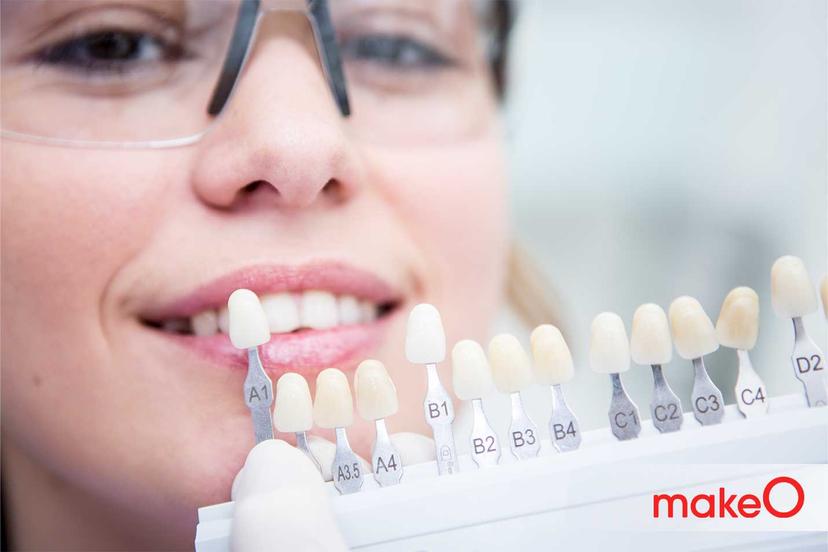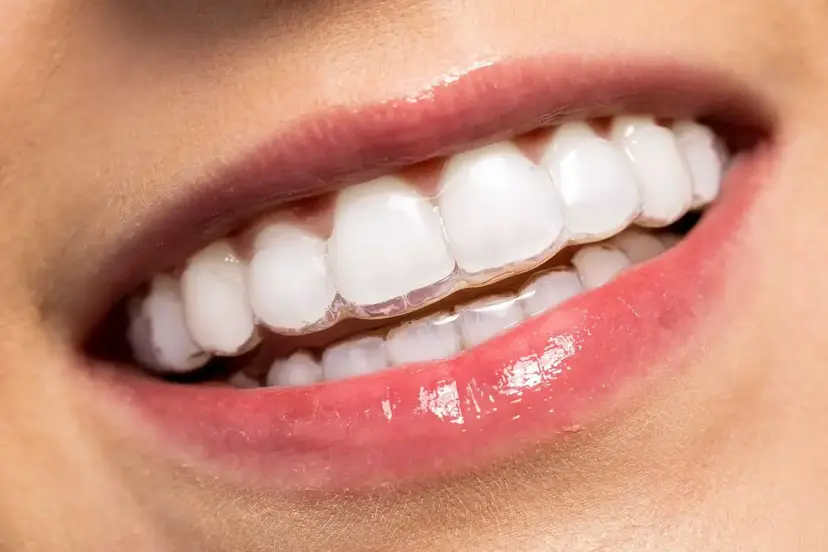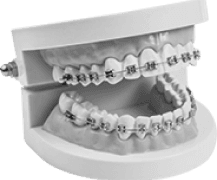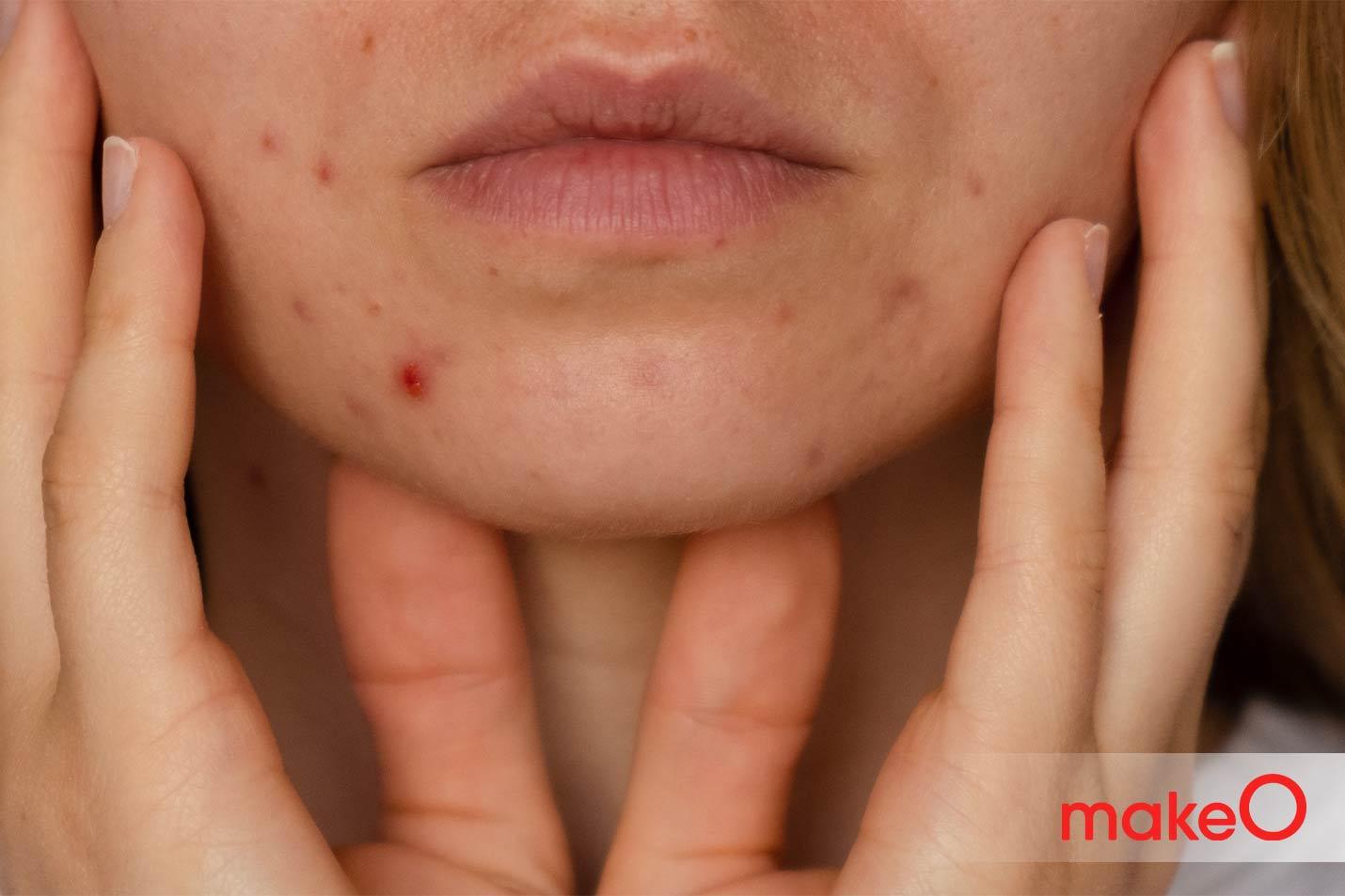makeO blog
Pronounced as SHOW-grins, Sjögren's Syndrome is an autoimmune disorder in which the body’s immune system attacks its moisture-producing glands by mistake. This causes dryness in several parts of the body. It’s a common condition that people face after 40 and it is known to affect more women than men!
Sjögren's Syndrome mainly affects the eyes and the mouth, causing excessive dryness in both parts. However, it may also negatively impact the skin, joints and internal organs. In this article, we’ll discuss the types, symptoms, causes, and treatment options for Sjögren's Syndrome.
Types of Sjögren's Syndrome
There are two main types of Sjögren's Syndrome – Primary and Secondary.
- Primary Sjögren's Syndrome occurs when the condition develops on its own, without any other underlying autoimmune disorders.
- Secondary Sjögren's Syndrome, on the other hand, occurs when the syndrome develops alongside another autoimmune disorder such as lupus or rheumatoid arthritis.
Common Symptoms of Sjögren's Syndrome
The symptoms of Sjögren's Syndrome can vary from person to person, but some of the most common symptoms include:
Joint pain: Many patients with this disorder complain of stiff joints, inflammation and swelling.
Muscle pain or weakness: Those affected by this syndrome might experience muscle aches, weakness, tiredness or fatigue.
Swollen lymph nodes: Lymph nodes across the body might swell up due to inflammation and cause discomfort.
Fatigue: Sjögren's Syndrome can bring an overall sense of tiredness and deep fatigue.
Skin dryness and rashes: While this condition causes dryness in the mouth and the eyes mainly, it can often translate to dry skin all over, leading to rashes and other skin issues.
Trouble swallowing or talking: When your mouth and throat are dry, this condition makes it hard to eat and swallow food.
Brain fog: Cognitive issues such as memory problems, difficulty concentrating, and confusion can also occur.
Dry mouth: A lack of saliva production can result in a persistently dry mouth, leading to difficulties in speaking, eating, and maintaining oral hygiene.
What Causes Sjögren's Syndrome?
While the exact cause of Sjögren's Syndrome is yet to be discovered, it is believed that the cause is a mix of genetic and environmental factors. Having a family history of autoimmune disorders or exposure to certain viruses or bacteria might give rise to this syndrome.
Sjögren's Syndrome Treatment Options
Though there is no cure for Sjögren's Syndrome, there are several treatment options available to help manage the symptoms and improve the quality of life for those affected. These include:
Medication: Prescription drugs can help control inflammation, increase saliva production, and manage pain.
Surgery: In some cases, minor surgical procedures can help to alleviate dry eyes.
Lifestyle and home remedies: Staying hydrated, using humidifiers, and applying moisturiser can help relieve dryness.
Maintaining oral health: Regular dental check-ups and proper oral hygiene practices are essential for preventing tooth decay and gum disease.
makeO toothsi: Your Oral Care Support System
While not much is known about this condition, we are here to help you prioritise your health. While facing a dry mouth, make sure to sip water frequently, have a humidifier in your room, sip on sugar-free fluids and use lozenges to keep your mouth wet etc.
Along with these tips, you can also choose makeO toothsi’s excellent range of oral care products- especially our electric toothbrush - toothsi electro and our smart water flosser to boost your oral health. These products are powered by the latest innovative science to give your teeth and gums a better cleaning experience than any manual brush, remove food particles, stains and germs efficiently and give you a healthy mouth!
In conclusion, Sjögren's Syndrome is an autoimmune syndrome that can cause dryness in the eyes and the mouth among other regions. It mainly affects women over 40 and there’s no real cure for it. Those affected by it may experience symptoms like fatigue, dry skin, rashes, muscle pain, joint stiffness, brain fog etc. While there’s no cure for this disease, you can control it through medication, surgery, home remedies and by prioritising oral health.
FAQs
Who is More Likely to Develop Sjögren's Syndrome?
Sjögren's Syndrome is more common in women than men and typically develops between the ages of 30 and 60. Individuals with a family history of autoimmune disorders are more likely to develop this syndrome.
What are the first symptoms of Sjögren's?
Those suffering from Sjögren's Syndrome may face dry eyes, dry mouth, vaginal dryness, dry skin, muscle and joint pain, tiredness and rashes. You should visit a doctor if they worsen.
What are the worst symptoms of Sjogren's?
The dryness in the mouth can make it hard to swallow, you may face swollen or inflamed lymph nodes, extreme tiredness, soreness, muscle pain and brain fog.
Is Sjogren's a serious disease?
While some symptoms of this disease are minor, many do face major issues such as extreme fatigue, pain in the joints and muscles and excessive dryness.
related categories
Related articles
How do I Know I’m the Right Candidate for makeO toothsi Teeth Aligners?

This Diwali, Smile Bright With makeO Teeth Whitening Kit

Dr. Pravin Shetty: Pioneer in Lingual Orthodontics & Innovative Smile Solutions

Types of Braces: Removable vs Fixed Braces, Which is Right For You?

